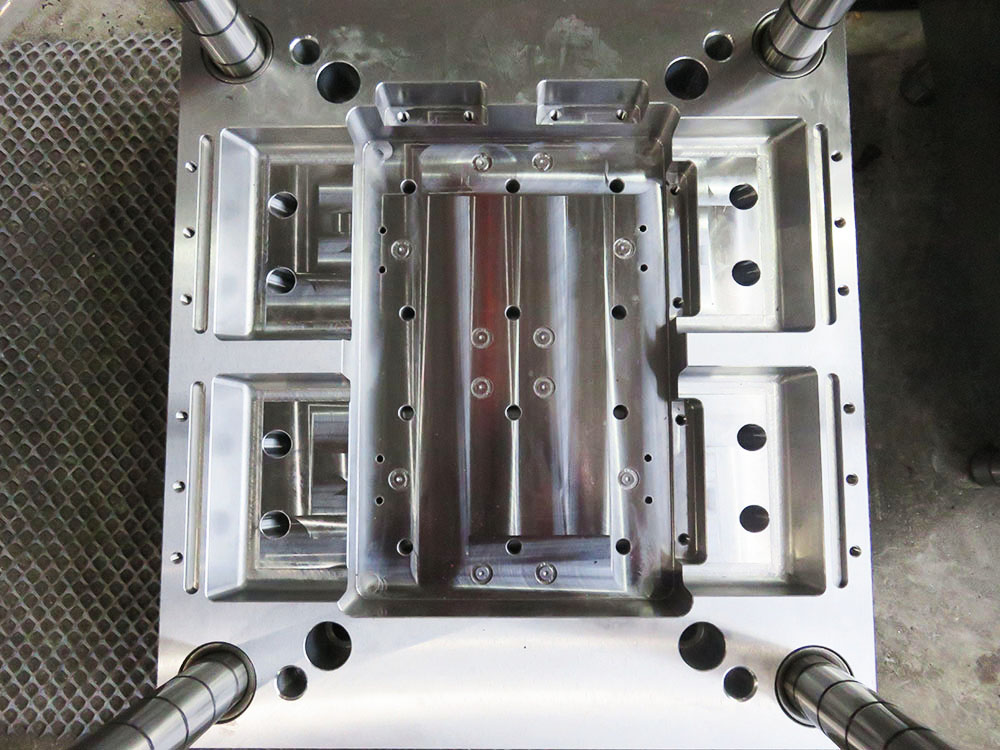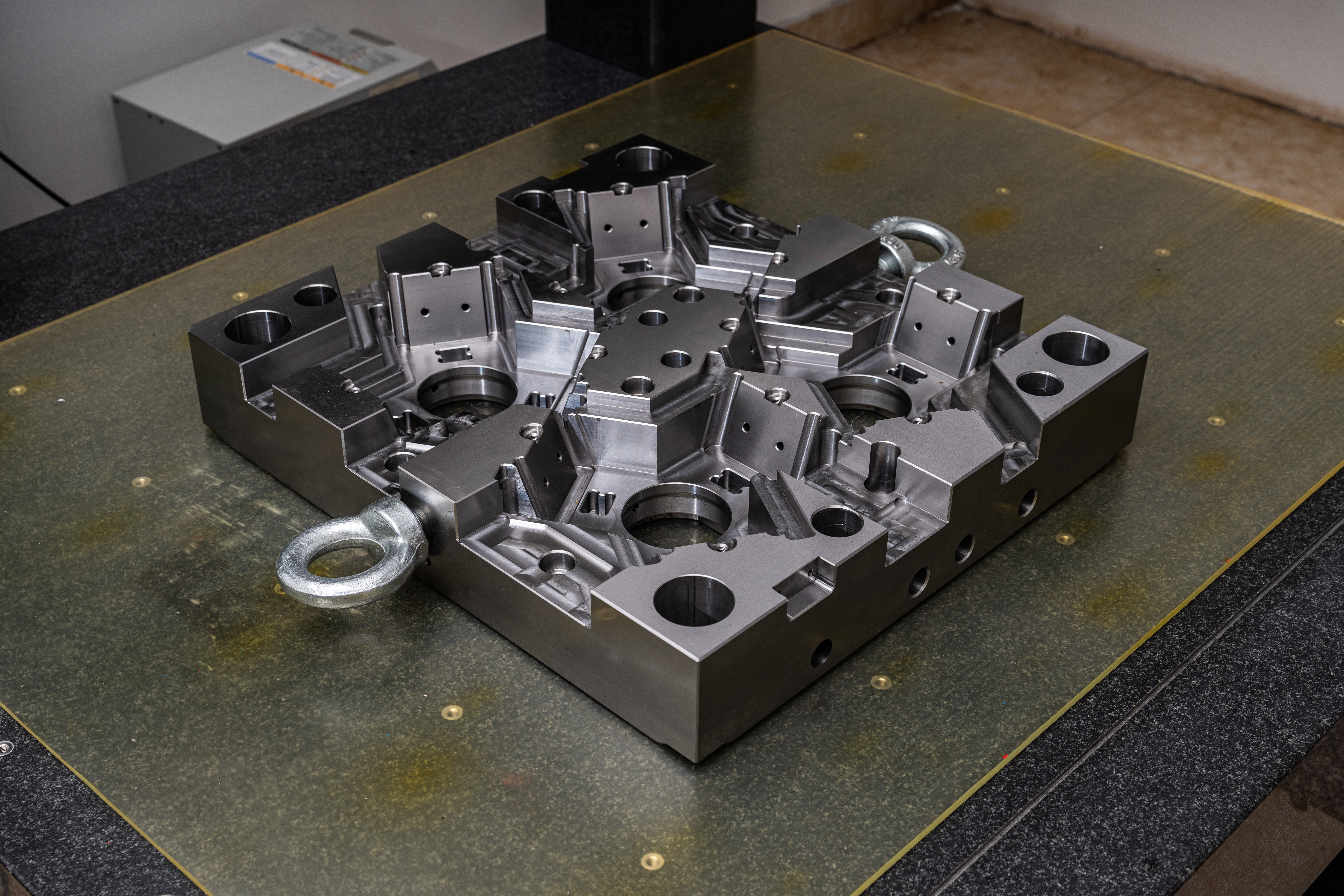The Mold Base Industry: Why are molds called mold bases?
The mold base industry plays a crucial role in the manufacturing sector, providing the foundation for the production of various molded components across different industries. Molds, also known as mold bases, are indispensable tools used in injection molding processes. In this article, we will delve into the reasons why molds are referred to as mold bases, exploring their significance and the role they play in the overall manufacturing process.
Definition and Functionality of Mold Bases
A mold base refers to the basic structure or framework on which a mold is built. It is an essential component that provides support, stability, and alignment for the molded part. The mold base is typically made of high-quality, durable materials such as steel or aluminum, chosen for their strength, heat resistance, and long lifespan.
Mold bases serve as a platform for mounting the mold cavities, mold inserts, and other essential components. They provide the necessary guidance and support for the mold's various moving parts, ensuring precise and consistent production of molded components. Furthermore, mold bases also facilitate the efficient cooling and ejection of the finished parts.
The Reasons Behind the Terminology: Mold Bases
Now, let us explore why molds acquired the term "mold bases" within the industry. There are several reasons that contribute to the adoption of this terminology:
1. Fundamental Building Blocks
Mold bases serve as the foundational building blocks for molds. They provide the primary structure and support for the mold, allowing for the assembly of various components and ensuring their proper functionality. Similar to a building's foundation, mold bases are vital for maintaining stability and integrity throughout the molding process.
2. Customizability and Adaptability
Mold bases are highly customizable, allowing manufacturers to adapt them to specific requirements and applications. By selecting the appropriate mold base, manufacturers can optimize the design and functionality of the mold for a particular product or industry. This adaptability ensures maximum efficiency in the molding process, resulting in high-quality and accurate molded components.
3. Versatile Applications
Mold bases find applications in various industries, including automotive, consumer goods, electronics, medical devices, and more. The term "mold bases" reflects the versatility of this crucial component, as it can be tailored to accommodate diverse molding needs and facilitate the production of different types of parts. The term serves as a broad descriptor encompassing the extensive range of applications and industries that rely on molds for their manufacturing processes.
Conclusion
The mold base industry fulfills a significant role in the realm of manufacturing, providing the basis for the production of molded components. Molds, known as mold bases, are essential tools that enable precise and efficient injection molding processes. Through their customizable design, multifaceted applications, and foundational functionality, mold bases ensure the production of high-quality products across various industries. Understanding the reasons behind the terminology helps highlight the importance of molds as an integral part of the manufacturing process.




